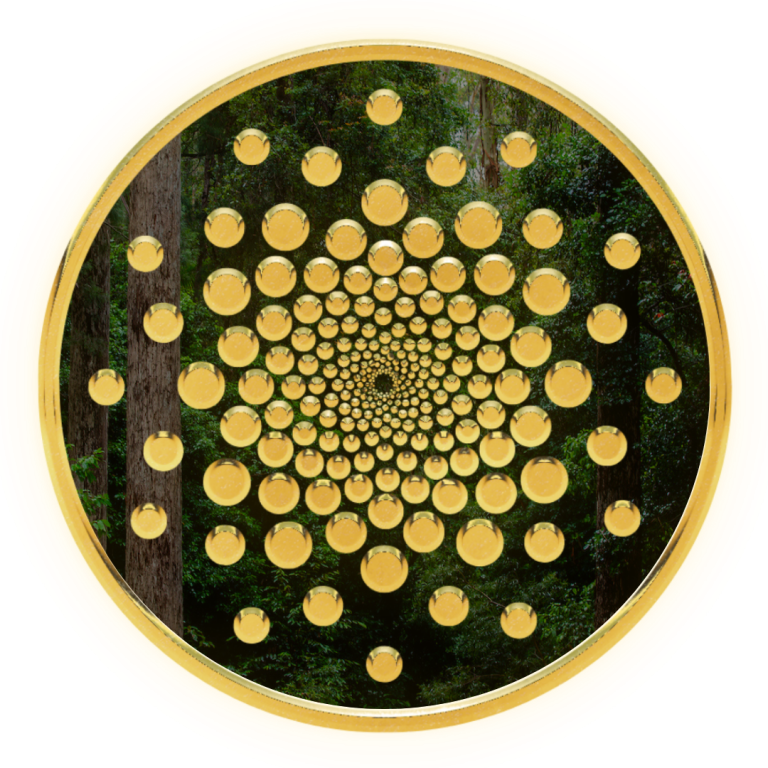Michael Tremblay | Stoicism’s Place in Hellenistic Philosophy
ABOUT OUR GUEST
Michael Tremblay is a PhD. student in philosophy at Queen’s University, Kingston. Before going to Queen’s University he completed a B.A. and M.A. in philosophy at Carleton University in Ottawa. During his time at Carleton he wrote a Master’s thesis on the Stoic Epictetus. His PhD work continues to examine Stoic ethics, and the question of how the Stoics thought we should cultivate our virtue.
Michael’s main interest is in ancient philosophy, specifically moral education in the Stoics. He’s fascinated by the Hellenistic conception of philosophy as a way of life, which is to be practiced in order to achieve virtue and happiness. He is also interested in philosophy as a skill or craft, and how training and practice factor into becoming a better philosopher.
Beyond philosophy, Michael is passionate about martial arts and competes regularly in Brazilian jiu-jitsu and wrestling.
GUEST LINKS
Michael’s Website: CLICK HERE
Academia: CLICK HERE
LinkedIn: CLICK HERE
[podcast_subscribe id=”37725″]
- “Philosophy” is a greek word that means “the love of wisdom”
- The term “philosophy” was not really used that often before Socrates was on the scene, but after Socrates and his student Plato came to prominence the term was used more commonly.
- Plato formalised philosophy and created the divisions of metaphysics, ethics, logic etc.
- Philosophy is the pursuit of truth, but there are lots of different kinds of truth.
- Hellenistic philosophy began after Aristotle and ended before the medieval period.
- The development starts with Socrates, then Plato (Socrates’ student), then Aristotle (Plato’s student), and then the Hellenistic philosophies begin.
- Hellenistic philosophy focused mainly on a question that originated with Aristotle which was “what is the content of happiness?”
- The hellenistic philosophies are extremely practical as they’re simply focused on how we should live a good life.

